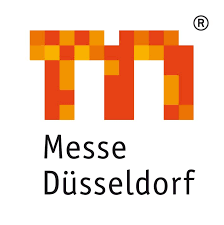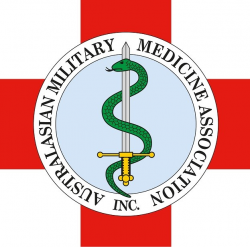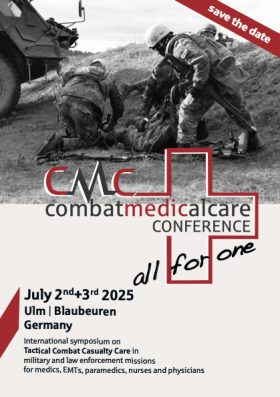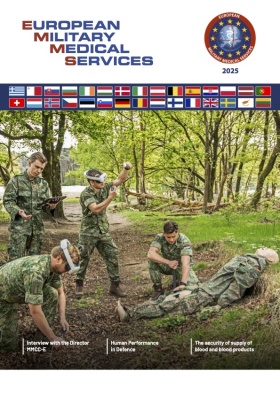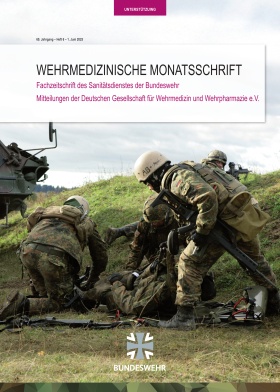
Almanac
Saudi Arabia, Kingdom of
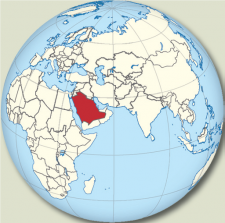
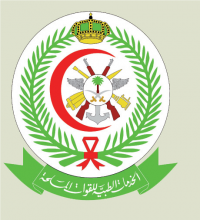
Surgeon General
Dr. Ahmed Mohammed Alamry
General Director, Health Services at the Ministry of Defense
P.O.Box 22454
11495 Riyadh
KINGDOM OF SAUDI ARABIA
Pictures and Graphics: Wikimedia Commons
History
The General Directorate for Health Services at the Ministry of Defense (MODHS) has started simply as a small group in Al Taif in 1950. It was then called Army Medicine and was composed of a dispensary with a ten-bed capacity.
In 1951, Prince Mansour Military Hospital was launched with a capacity of 36 beds, which was later increased to 100 beds by the end of that year. In 1953, Prince Mesha’al Hospital was established in Al-Kharj, followed by the Armed Forces Hospital in Riyadh.
In 1972, His Royal Highness The Minister of Defense General issued a royal decree renaming the organization to the General Directorate of the Armed Forces and expanding its services to include all armed forces. A special budget was allocated to this administration and its hospitals around the kingdom, which continues to this day.
Structure
The General Directorate for Health Services (MODHS) operates (137) clinics and dispensaries. These facilities are equipped with highly sophisticated medical equipment and provide specialized medical services. They are categorized into four different categories: A, B, C, and D; with different bed capacities according to patients' needs.
Vision:
A sustainable healthy community for the associates of the Ministry of Defense and their families.
Mission:
The General Directorate for Health Services at the Ministry of Defense (MODHS) promotes a healthy lifestyle for the personnel of the Ministry of Defense and their families, in addition to adopting best practices in digitalization and knowledge management. MODHS collaborates with the kingdom’s health sector to provide integrated preventive and health services in a professional manner, in line with international standards of quality and safety during times of war and peace.
Values:
- Human Centric:
The MODHS believes that humans are the center of our care and the focus of our attention in our perpetual journey in promoting a healthy lifestyle.
- Professionalism:
The MODHS’ pledges to the code of ethics when treating our internal and external beneficiaries.
- Team Work:
The MODHS works with a one-team spirit with high competence to provide integrated and eminent healthcare services.
- Creativity:
The MODHS embraces a business environment that stimulates innovation and incubates creativity.
- Patient First:
The MODHS believes in patient safety and services as our utmost priority in everything we do.
Military Hospitals
The MODHS manages a large number of dispensaries and healthcare centers in military locations across the country.
Prince Sultan Military Medical City (PSMMC), based in Riyadh, is a priority hospital established in 1978. It has become one of the most prominent healthcare institutes in Saudi Arabia, covering all medical specialties. The core mission of PSMMC is to serve Saudi armed forces personnel, their dependents, and other special cases. The hospital has earned significant recognition for its achievements in health and medical sciences. It was the first in the Kingdom to publish more than 1,600 research articles, train over 1,017 physicians and 577 paramedics, and perform more than 750 kidney transplants. PSMMC also has a bone marrow transplantation center that has been operational since 1989 and was one of the first hospitals to perform successful liver transplants. The hospital offers over 33 fellowship programs, trains 238 physicians, and provides approximately 20 diploma programs.
Prince Sultan Cardiac Center is one of the most advanced cardiac centers in the region. It includes clinics specializing in Pediatric Cardiology, Heart Transplant, Pacemakers, Heart Failure, Valves, Cardiac Rehabilitation & Prevention, Congenital Heart Diseases, and Adult Primary Care. The center also organizes symposiums and scientific programs and promotes scientific research related to cardiovascular diseases and cardiac surgery.
The Armed Forces Hospitals Administration in Taif manages all military hospitals, health centers, and facilities in Taif city and the Makkah region. This administration oversees hospitals such as Prince Sultan Hospital for Armed Forces, Prince Mansour Hospital for Community Medicine, and Alhada Hospital for Armed Forces. It also manages centers such as The Armed Forces Rehabilitation Center, The Armed Forces Center for Psychiatric Care, and The Armed Forces Family Medicine Center in Makkah.
In the southern region of Saudi Arabia, the Armed Forces Hospitals Southern Region in Khamis Mushait city provides healthcare services in all medical specialties to armed forces personnel. It is a priority hospital for transferring critical patients from Najran, Jazan, and Sharura.
King Salman Armed Forces Hospital in Tabuk city, established in 1980, was the first in the Kingdom to perform an endoscopy procedure in 1991. Over the years, it has developed to include an obstetrics and gynecology center, a day-case surgical center, a cardiac surgery center, a dental and maxillofacial surgery center, and a diabetes center.
King Fahad Military Medical Complex in Dhahran serves the eastern region of the Kingdom of Saudi Arabia and provides a nearly complete range of medical specialties and subspecialties.
MODHS transfers patients to hospitals that offer the necessary treatment and critical cases to centers that specialize in rare conditions. MODHS is committed to providing the highest quality healthcare for its personnel, civilians, and their dependents with complete efficiency and proficiency.
Diving Medicine Department
The Diving Medicine Department was established in 1995 at the Armed Forces Hospital in Jubail. Its aim is to offer healthcare services to the Royal Saudi Arabian Navy, including Hyperbaric Oxygen Therapy in two regions, under the supervision of highly qualified specialists with extensive experience.
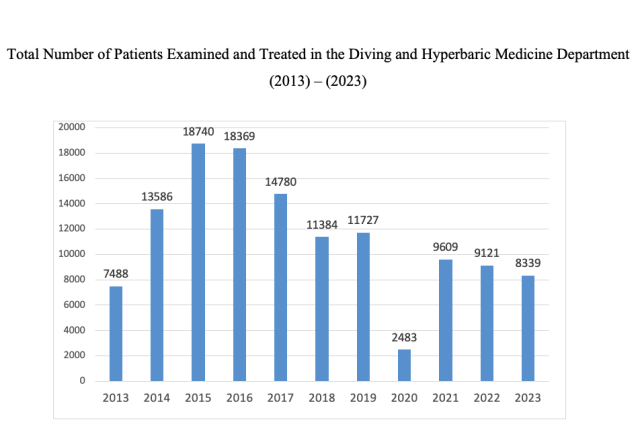
Source: Ministry of Defence Saudi Arabia
SAUDI MEDEVAC
This division of the MODHS specializes in transferring patients to higher-level medical facilities inside and outside the Kingdom, using state-of-the-art aircraft. The Aeromedical Evacuation supports civilians in times of war, natural disasters and other emergency events. MEDEVAC is a top priority at the MODHS, therefore this division has been developed and reinforced to retain a large fleet of helicopters, jet aircraft, a highly trained team of professional medical staff and technicians.
The Defense against Weapons of Mass Destruction Department
The Defense against Weapons of Mass Destruction department DWMD is crucial in the MODHS, as it is responsible for planning and supervising defense medical capabilities to protect medical units against WMD. This department also establishes WMD protection facilities within the medical command control. Furthermore, it evaluates the readiness of medical units in countering WMD, participates in international conferences and conducts research studies in order to be up-to-date in that matter. The DWMD produces guidelines for treatment and decontamination procedures of WMD casualties in the field as well as protocols for chemical agents management. Training the MODHS personnel in countering WMD is a top priority for the DWMD.
Academic Affairs
In its pursuit for providing optimal health care, the MODHS offers educational training opportunities to its staff and young national citizens through various institutions and learning centers spread throughout the country. The MODHS also sponsors scholarships to local colleges and overseas graduate studies in medical centers and universities as well as training and postgraduate medical studies in most hospital. Some of the educational institutes affiliated with the MODHS are:
Prince Sultan Military College of Health Sciences PSMCHS, which is one of the most prestigious educational institutes in the country, located in Dhahran. The PSMCHS is dedicated to educating and training health care professionals and conducting medical research.
The Aviation Medical Center is another training institute located in Dhahran. It excels in providing aviation medicine programs for health care providers. In addition to physical training for air force staff.
Some of the most significant educational institutions are based in Riyadh such as The Prince Abdulrahman Advanced Dental Institute, which offers a higher degree in dentistry and clinical residency for dentists.
Field Deployments
The MODHS provides medical care in a progressive manner, ranging from immediate first aid at the point of wounding to definitive, specialized care and rehabilitation provided at medical treatment facilities. Contributing to humanitarian missions and relief campaigns, the MODHS deployed field hospitals to countries in crisis such as Somalia, Kosovo, Iraq, Lebanon, Pakistan, Egypt, and Yemen. These field hospitals are highly advanced and offer medical care in most specialties.
Some of the most prominent military treatment facilities established are the southern region field hospitals (Role 3), with a bed capacity of over (200) in addition to surgical, intensive care, specialist diagnostic, and treatment units. If necessary casualties are stabilized and evacuated to a more capable medical facility. These field hospitals include emergency, surgery, operating rooms, as well as ICU, dentistry, laboratories, X-ray, ultrasound, CT, pharmacy and sterilization units.
In addition to international missions, the MODHS supports the Ministry of Health by participating in national events. Hajj season is one of the most important annual events taking place in Saudi Arabia. Millions of pilgrims arrive at Makkah to perform their religious duty and Saudi Arabia has the honor of hosting and supporting them through their holy journey. Every year the MODHS operates comprehensive field hospitals, several clinics, and emergency centers at multiple locations in the area. The bed capacity is over (500), with medical teams, specialty care clinics and a fleet of ambulance vehicles some of which can carry up to eight patients at a time as well as an on-call medical evacuation team.
status: 16th September 2024


